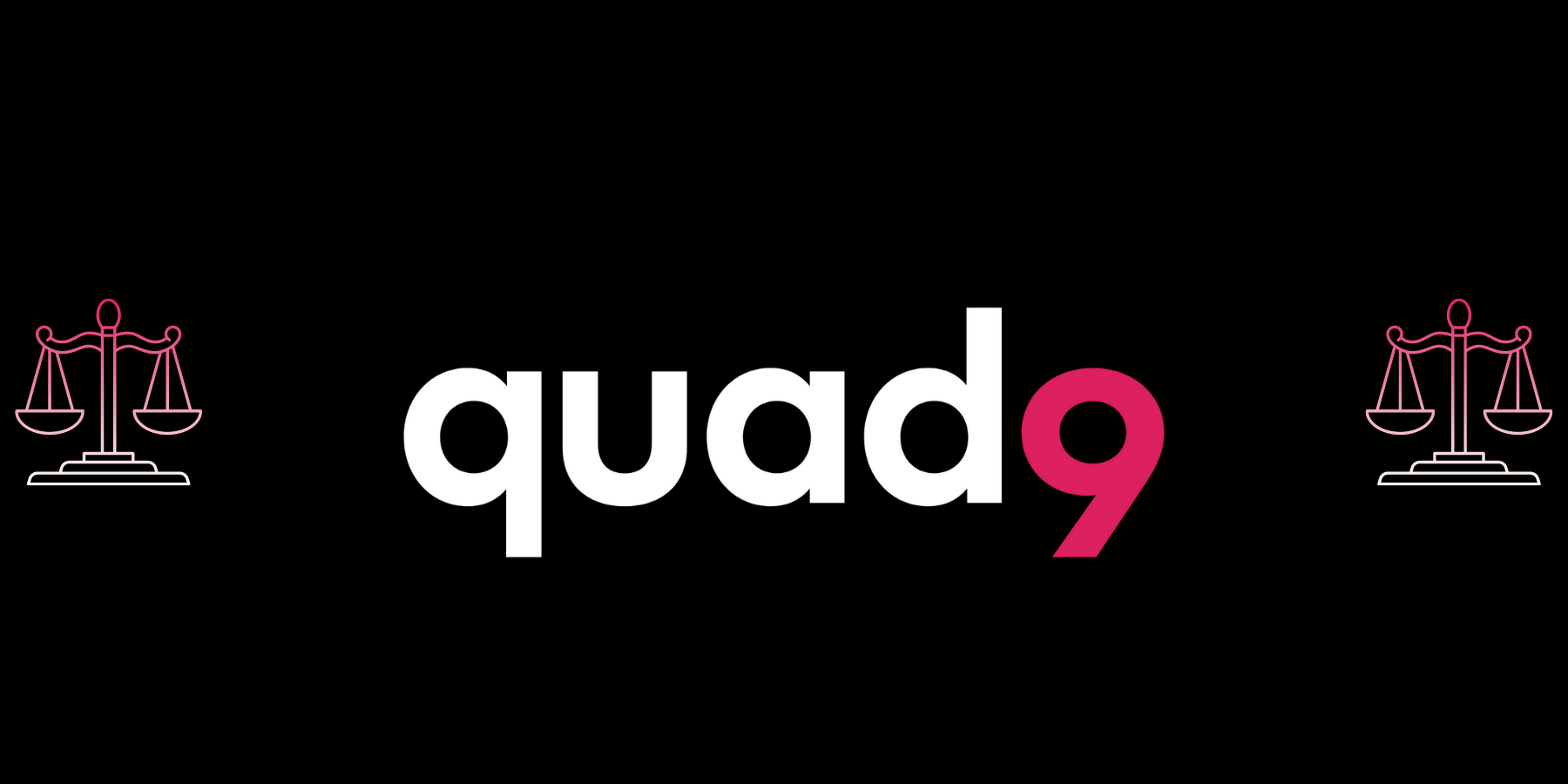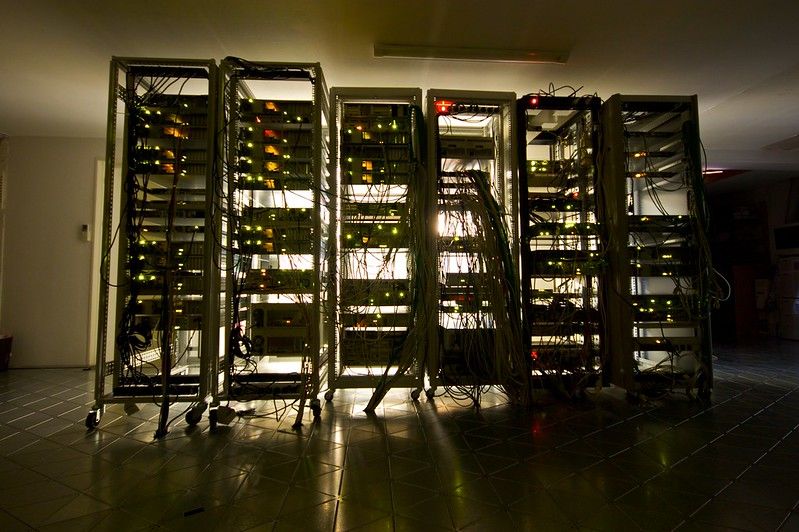An Update to the Quad9 and Sony Music German Court Injunction – August 2022

Quad9 & Sony Music: German Injunction Update for August 2022
As reported previously, Sony Music Entertainment Germany, via the Hamburg Court in Germany, imposed an injunction on Quad9 which requires us to block resolution of a certain set of domain names that resolve to a website containing links to another website containing files which Sony asserts are violating their copyright. This blocking applies only to Quad9’s servers located in Germany and has not been applied in other nations. Quad9 is not headquartered in Germany but is subject to this ruling because in 2021 — three months prior to Sony’s filing — Quad9 moved headquarters to Switzerland. Given that Switzerland is a signatory on the Lugano Convention, civil lawsuits of this nature are permitted to cross borders.
Quad9 objected earlier to this ruling in the same Hamburg court, but that objection was not successful. Subsequently, we have filed an appeal in Hamburg and continue to pursue that course and set of arguments with the Hamburg court. The nature of the German legal system allows us to continue with an appeal in the first court with the preliminary proceeding while the main proceeding of the case may take place in other courts.
Therefore, we also requested that the court in Hamburg set a deadline for Sony to initiate the main proceeding. The “main proceeding” is a next phase of the legal process that allows a more robust set of evidence and documentation to be applied to the case. This is important as additional evidence, such as via witnesses or expert opinions can be utilized, which is not typical in the preliminary proceeding where we have previously only filed our own affidavits.
As a result of that request, Sony has initiated the main proceeding by filing a law suit in Leipzig and we have responded comprehensively to that filing including expert witness testimony by a highly respected group of technical subject matter experts. The significance of this is that, while our arguments are roughly the same as with our first track in Hamburg, we have had the opportunity to fill in additional background information for each of them. We are currently awaiting the courts to provide dates for a hearing, which is the next significant step in the process.
Why is this Important?
The next ruling of this case (on either track) is significant for not only Quad9, but global internet users as well. In the event that Quad9 does not prevail, a very dangerous precedent could be set, potentially threatening many more layers of the internet model, which reaches up towards the user and downwards to the root (of the namespace).
Should Sony prevail, it is not unlikely that other rights holders will follow suit and request the blocking of further domain names making it difficult or impossible for us to operate. Also it is possible that thousands of similar DNS resolver operators, including company networks, will receive blocking demands with the risk of being sued in case they do not comply. This could be the case even though the DNS operator nor any government authority have not had a chance to fully examine or been given the reasons behind such blocking requirements.
The EU has taken leadership in the application of privacy and human rights concepts as they apply to technical topics such as the DNS, and we applaud that leadership and set of considerations. Our concern is that this case, ruled in Germany, would create a contradictory opinion within the greater EU policy frameworks and create uncertainty for other nations in how they approach such questions and would add an element of uncertainty and doubt into the minds of policymakers and end users on the topic of internet freedoms.
Quad9 is a recursive resolver whose goals are to work in cooperation with the end user to minimize risk and improve privacy. When we are forced by third parties in a nation to censor content against our wishes and not in cooperation with the goals of the end user, then our model loses value for that region. This can lead to users questioning the basis of everything that they assume is true about Quad9’s service even if they did not try to reach the sites in question.
The implications of the case go beyond DNS providers. Anti-virus software providers, firewall operators, and a host of other components in the “internet stack,” in all networks, look identical to Quad9 when viewed as a simplified structural communication diagram. If Quad9 continues to be compelled permanently to enact these blocks by Sony, then this precedent potentially could be used in other unexpected and more devious manners by others who claim rights over content. This could ultimately invite misapplication and over-blocking for commercial or political motives, and will almost certainly create significant cost and uncertainty issues that may lead to serious unintended consequences that are negative both for end users as well as rights holders. It is our firm belief that recursive DNS services are the wrong place to apply such blocks, and that this case endangers more than just Quad9 or our users’ interests - it risks cracking the foundations of a free and open internet, in Europe and worldwide.
The Quad9 team continues to fight for online privacy, security, and safety along with allies like the GFF who are providing support. We will provide updates to this case as they develop. Quad9 is a non-profit organization whose operational budget comes entirely from sponsorships and donations, and our interests are aligned with end users and not with commercial outcomes. You can find more information about our organization and support us by visiting here.
